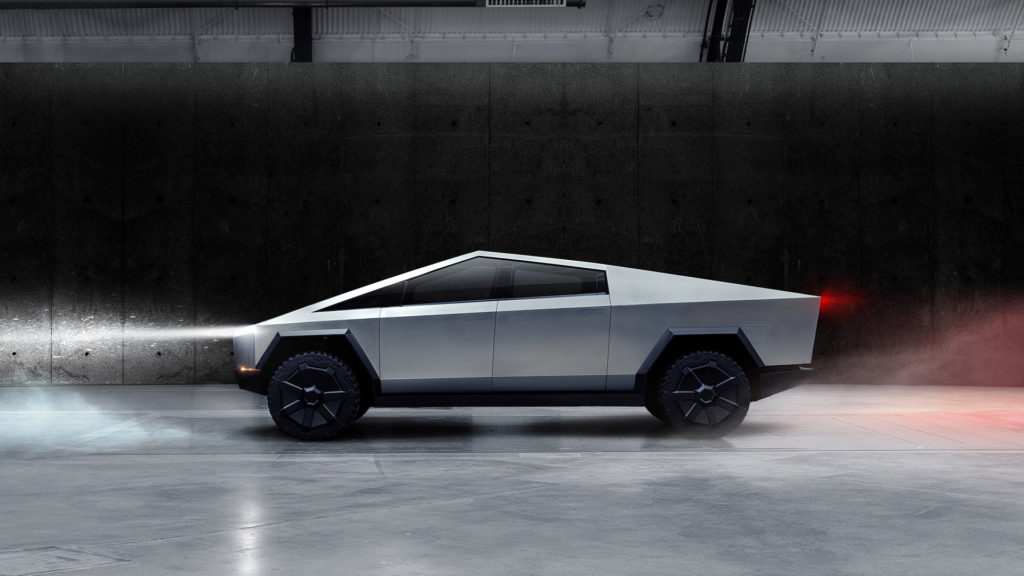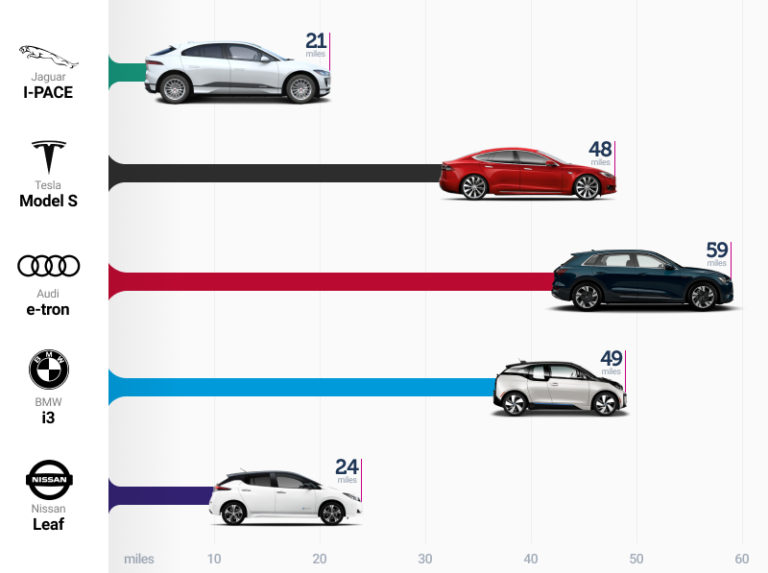Future of Automobiles- Electric Vehicle


Ms.Subena Nandhini
""
ABOUT
The electric cars are run by one or more electric motors, using energy stored in batteries. Electric cars were started to manufacture in the late 19th century and early 20th century. Compared with IC enginecars, electric cars are quieter and will not produce any carbon footprints and lower emissions in general. Nowadays many companies have been increasing the production of electric cars lately many companies like Audi, Tesla, BMW, Porsche have been developing their prototype lately for the competition of the performance.
Advancements in E-Vehicles:
From 2008, a renaissance in electric vehicle manufacturing occurred due to advances in batteries and motors, and the desire to reduce greenhouse gas emissions and improve quality of air, Charging an electric car can be done at a variety of charging stations, these charging stations can be installed in both houses and public areas.
Tesla Model 3 was the world’s best selling electric vehicle from 2018 to 2019 and had a maximum electric range of 500 km (310 miles) according to the EPA. Model 3 became the world’s all-time best selling electric car by early 2020.

Eco-friendly & Performance
» The sourcing of fossil fuels causes damage and use of resources during the extraction and refinement processes, including high amounts of electricity.
» The cost of installing charging infrastructure has been estimated to be repaid by health cost savings in less than 3 years.
» Many electric cars have higher acceleration than average internal combustion cars because electric motors can able to provide high power to weight ratios, Electric vehicles can also use a direct motor-to-wheel configuration that increases the available power.
» Having motors connected directly to each wheel simplifies using the motor for both propulsion and braking, increasing traction.Electric vehicles that lack an axle, differential, or transmission can have less drive-train inertia.
Electric cars efficiency :
Electric motors are more efficient than internal combustion engines in converting stored energy into driving a vehicle. However, they are not equally efficient at all speed internal combustion engines have thermodynamic limits on efficiency, expressed as a fraction of energy used to propel the vehicle compared to energy produced by burning fuel. Gasoline engines effectively use only 15% of the fuel energy content to move the vehicle or to power accessories, and diesel engines can reach on-board efficiency of 20%, while electric vehicles have efficiencies of 69-72% when counted against stored chemical energy, or around 59-62% when counted against required energy to recharge.
